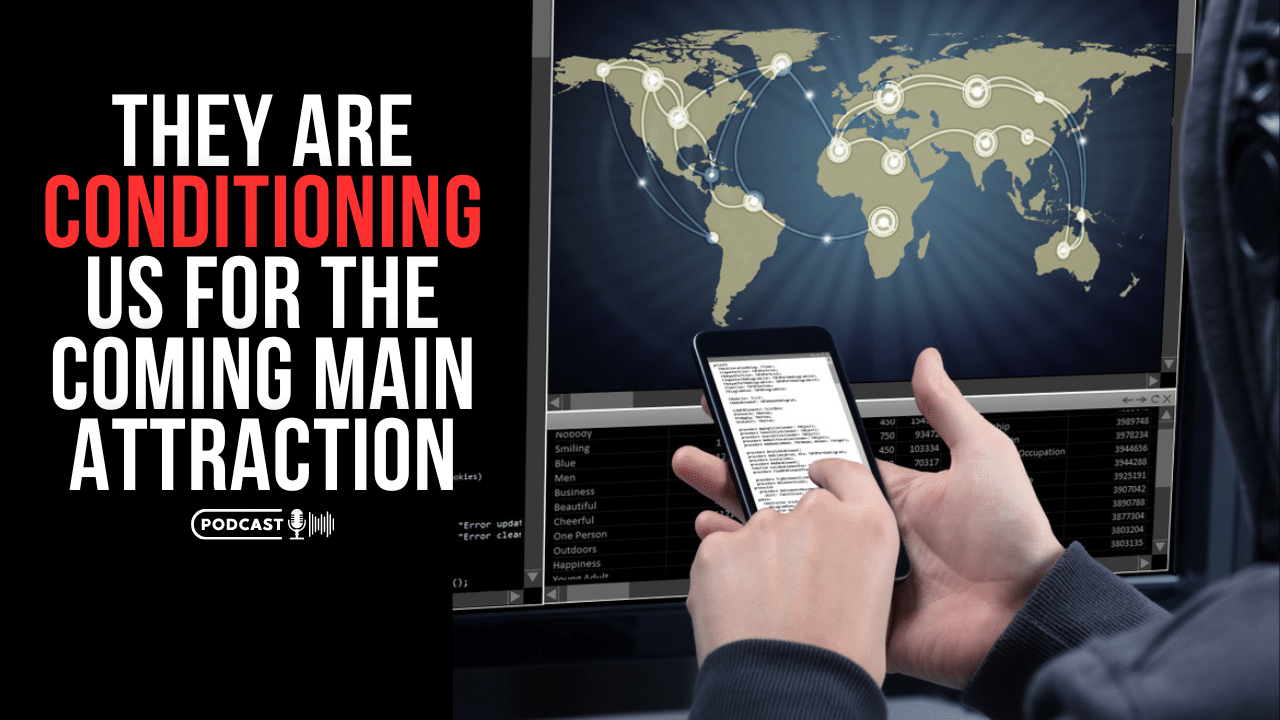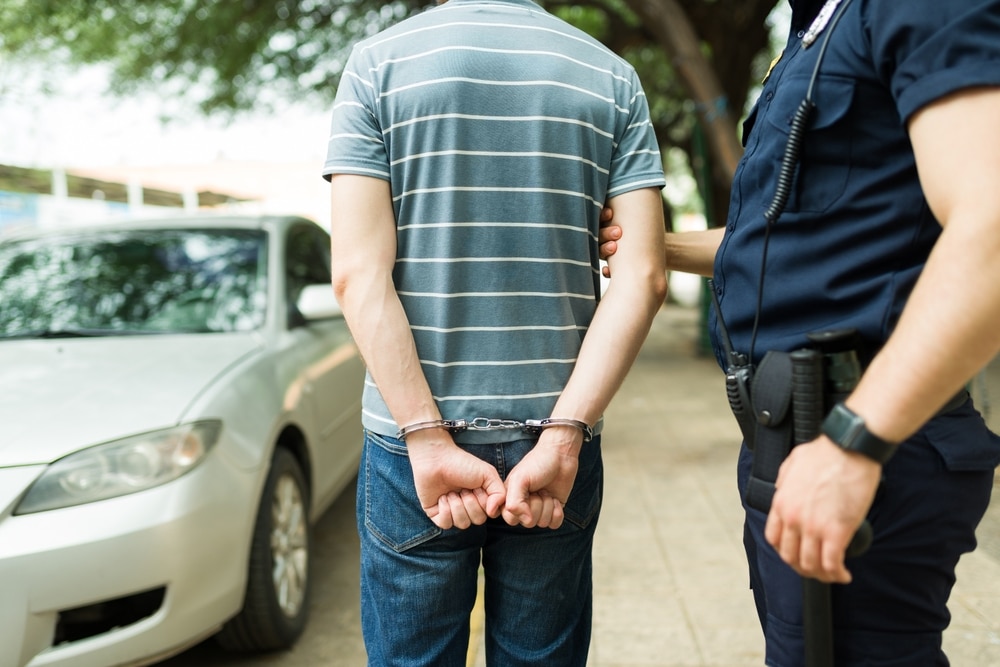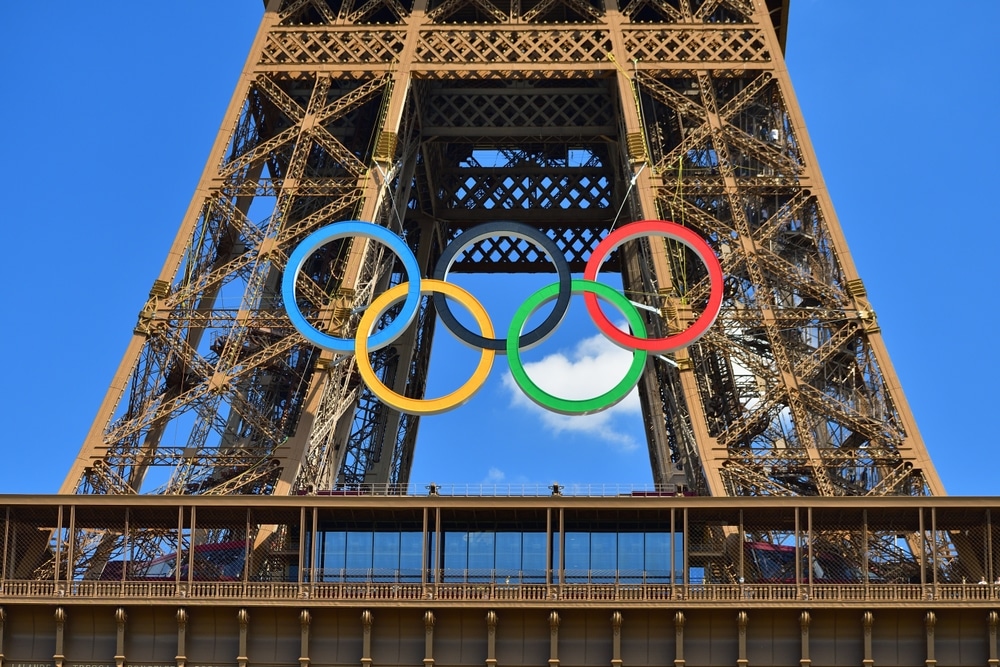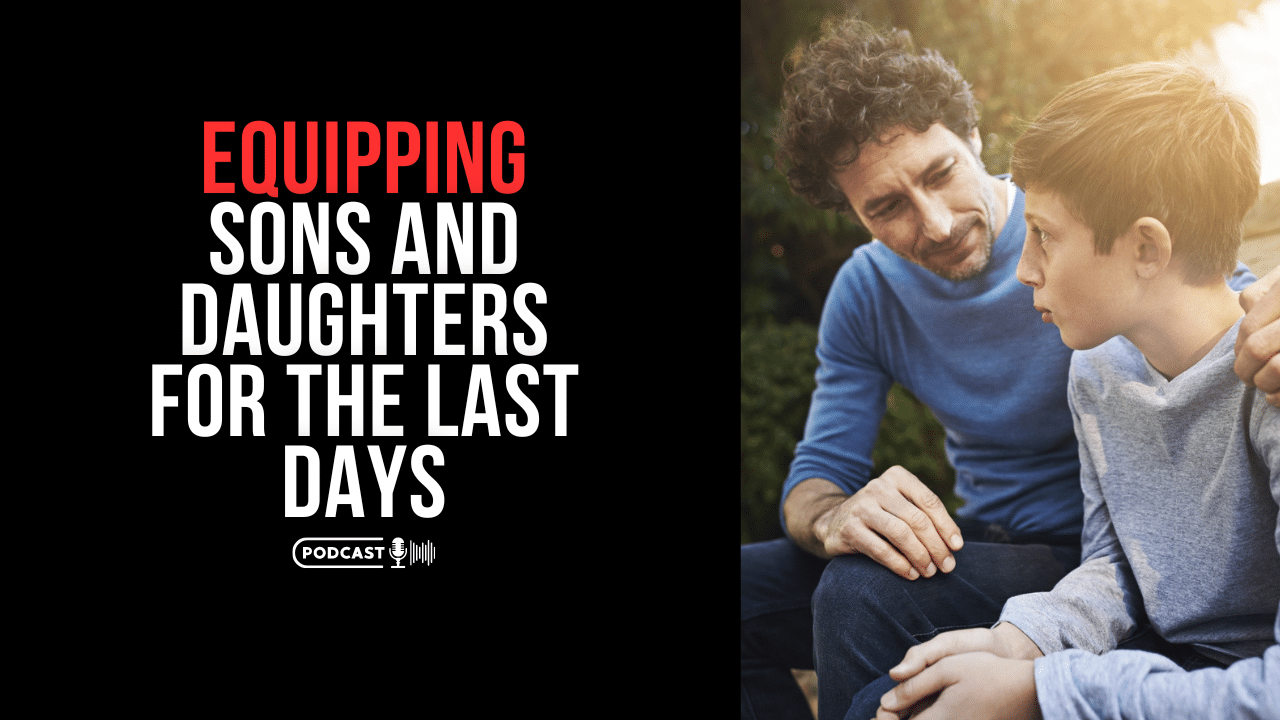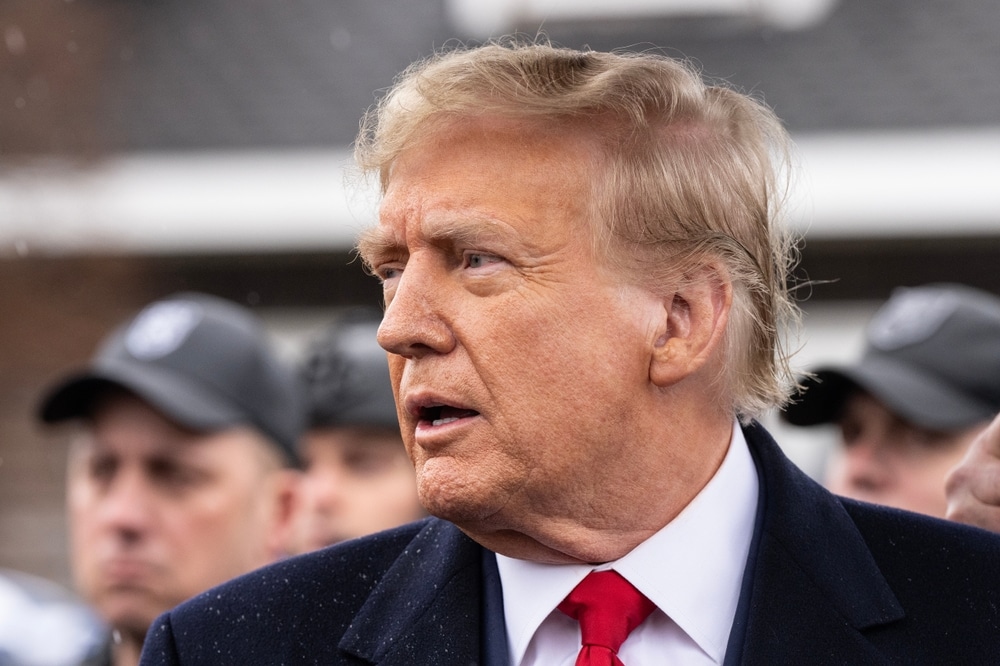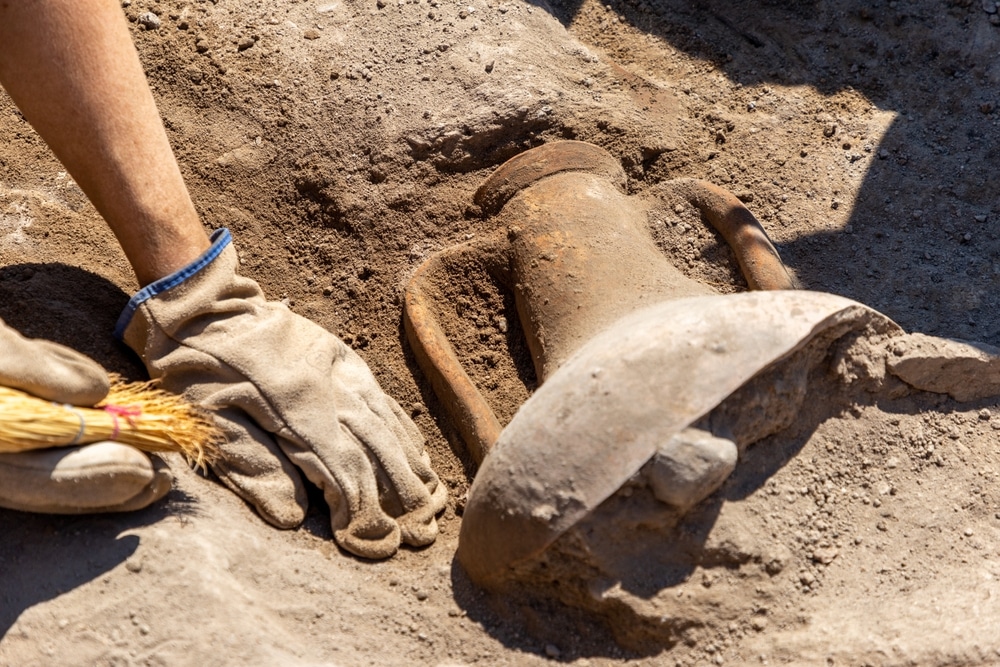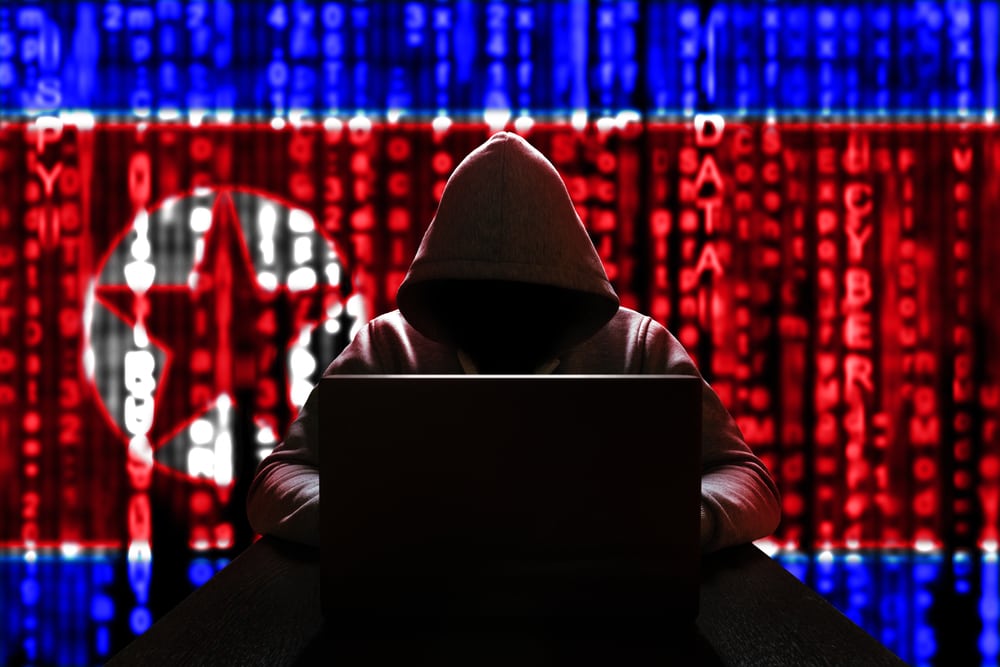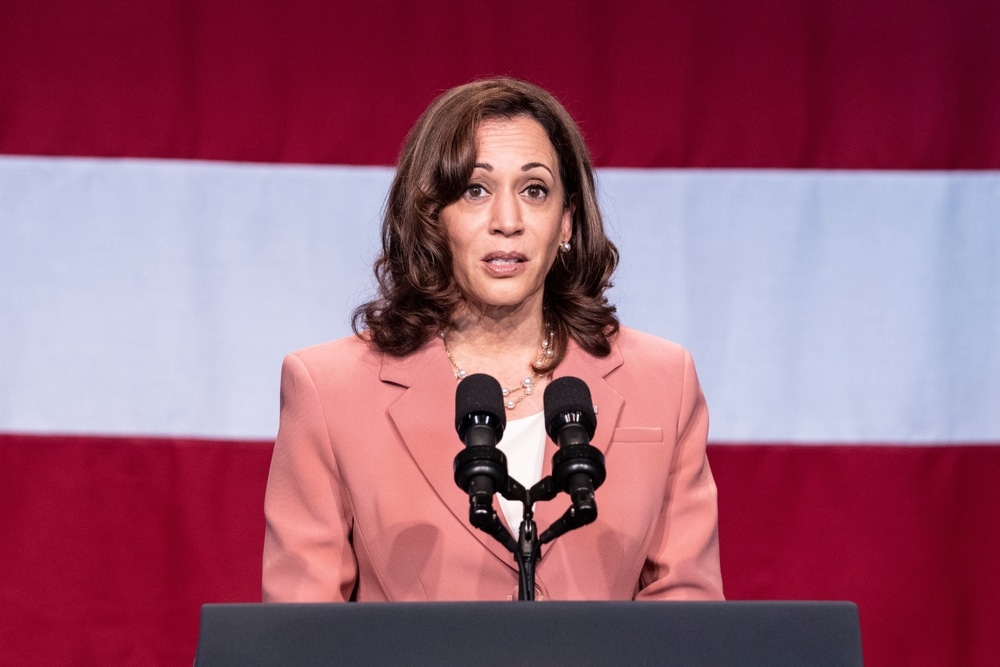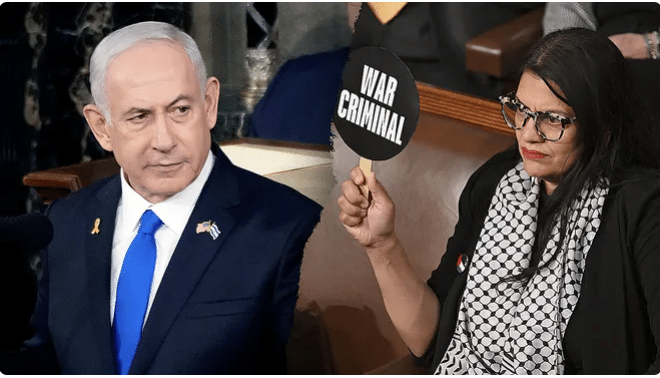After a summer marked by drought, massive wildfires and the war in Ukraine, French President Emmanuel Macron delivered a stark speech on Wednesday at the first cabinet meeting following the summer holiday break, warning of tough months ahead as the world faces a possible “end of abundance”.
“I believe that we are in the process of living through a tipping point or great upheaval. Firstly because we are living through… what could seem like the end of abundance,” said Macron, 44. The speech appeared designed to prepare the country for what promises to be a difficult winter ahead, with energy prices rising sharply and many families struggling with inflation.
“The moment we are living … may seem to be structured by a series of crises, each more serious than the other,” Macron said, referring to the drought, fires, and storms that have hit France during the summer as well as the Ukraine war and disruptions to global trade.
“Freedom has a cost,” Macron said, urging his ministers to be ambitious and the French to accept new policies adapted to current circumstances. “The battles we have to fight … will only be won through our efforts.”
Government spokesman Olivier Véran said that the cap on energy prices – which has helped households cope with soaring inflation – could not continue “indefinitely”. Gas prices in France are currently frozen and there is a cap on energy price hikes. But the billion-euro price cap is set to expire at the end of the year.
This has helped keep French inflation lower than the rates experienced by many of its EU peers, but the measures weigh heavily on the public purse. The government will present legislation in September to speed up energy infrastructure projects and hammer out a short-term plan to secure energy supplies for the winter, Véran said.
France is also working on an “energy restraint plan” that Macron said in July would ask all citizens to commit to saving energy, including such practices as turning off lights when leaving offices. France is less reliant than some EU neighbors on gas imports from Russia, which account for about 17% of its gas consumption, but concerns about supply nevertheless remain. (France 24)



